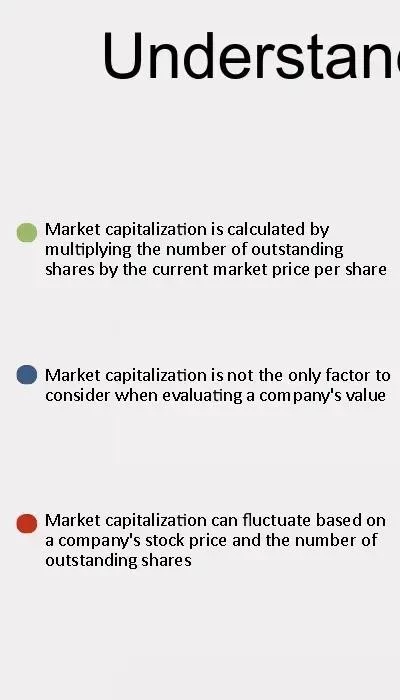
The proliferation of «dump shops,» a colloquial term encompassing thrift stores, secondhand shops, consignment stores, and other resale businesses, presents a multifaceted impact on the broader business landscape. This analysis will explore the economic and environmental consequences of this growing sector, examining its influence on established businesses and the evolving consumer behavior it fosters.
Economic Impacts: A Double-Edged Sword
The rise of discount retailers, bargain stores, surplus stores, and liquidation centers, often operating alongside dump shops, creates a highly competitive market. These businesses leverage used goods, offering lower prices and impacting the revenue and profit margins of traditional retailers. For some businesses, particularly those selling new goods in directly competing categories, this translates to decreased sales and reduced profitability. This competitive pressure forces established businesses to refine their own pricing strategies and enhance their value propositions to maintain market share.
However, the economic impact is not entirely negative. The secondhand market generates its own economic impact, creating jobs within the supply chain, from collection and sorting to sales and customer service. Furthermore, the increased affordability provided by dump shops can stimulate consumer spending, albeit often diverting it from new goods to used goods. This shift in consumer behavior requires businesses to adapt and innovate.
Inventory Management and Supply Chain Disruptions
The influx of used goods into the market can indirectly influence the inventory management strategies of traditional retailers. The availability of affordable alternatives might lead to slower turnover for certain product categories, requiring adjustments in ordering and stocking practices. This also presents challenges for analyzing market demand accurately and efficiently managing supply chain logistics.
Environmental Considerations: Sustainability and Waste Reduction
The environmental impact of dump shops is largely positive. By extending the lifespan of products through recycling and reuse, these businesses contribute significantly to waste reduction and sustainability efforts. This aligns with growing consumer consciousness regarding environmental issues and contributes to a circular economy model.
However, the environmental benefits are not without caveats. The transportation and processing of used goods still incur an environmental impact, albeit generally less than the production and disposal of new goods. Sustainable practices within the dump shop sector, such as ethical sourcing and efficient waste management, are crucial to maximizing positive environmental outcomes.
Business Strategies in Response
- Differentiation: Businesses must emphasize unique selling propositions like superior quality, brand loyalty, customer service, or exclusive offerings to compete effectively.
- Value-Added Services: Offering services beyond the mere sale of goods, such as customization, repair, or extended warranties, can enhance customer value and justify higher prices.
- Strategic Partnerships: Collaborating with resale businesses or incorporating sustainable practices can demonstrate a commitment to environmental responsibility and attract environmentally conscious consumers.
- Data-Driven Decision Making: Analyzing consumer behavior and market trends is vital for optimizing inventory management, pricing, and marketing strategies.
The influence of dump shops on businesses is complex and multifaceted. While presenting a challenge to traditional retailers through increased competition, they also offer opportunities for innovation and adaptation. The environmental benefits associated with waste reduction and sustainability are significant, highlighting the growing importance of circular economy models. Businesses that successfully integrate sustainability into their strategies and adapt to changing consumer behavior are best positioned to thrive in this evolving market landscape.

The authors effectively articulate the multifaceted nature of the «dump shop» phenomenon. The clear delineation between the negative impacts on established businesses and the positive aspects, such as job creation and increased consumer affordability, offers a balanced perspective. The piece would benefit from a more in-depth exploration of the environmental sustainability aspects beyond a simple mention.
A well-structured and informative piece that successfully examines the economic and environmental consequences of the growing resale market. The discussion of competitive pressures faced by traditional retailers is particularly relevant in today\
This article provides a thorough and insightful analysis of the burgeoning secondhand market and its complex interplay with traditional retail. The discussion of the economic impacts, presented as a double-edged sword, accurately reflects the nuanced reality. The inclusion of inventory management and supply chain considerations further strengthens the analysis, highlighting the broader implications of this sector\